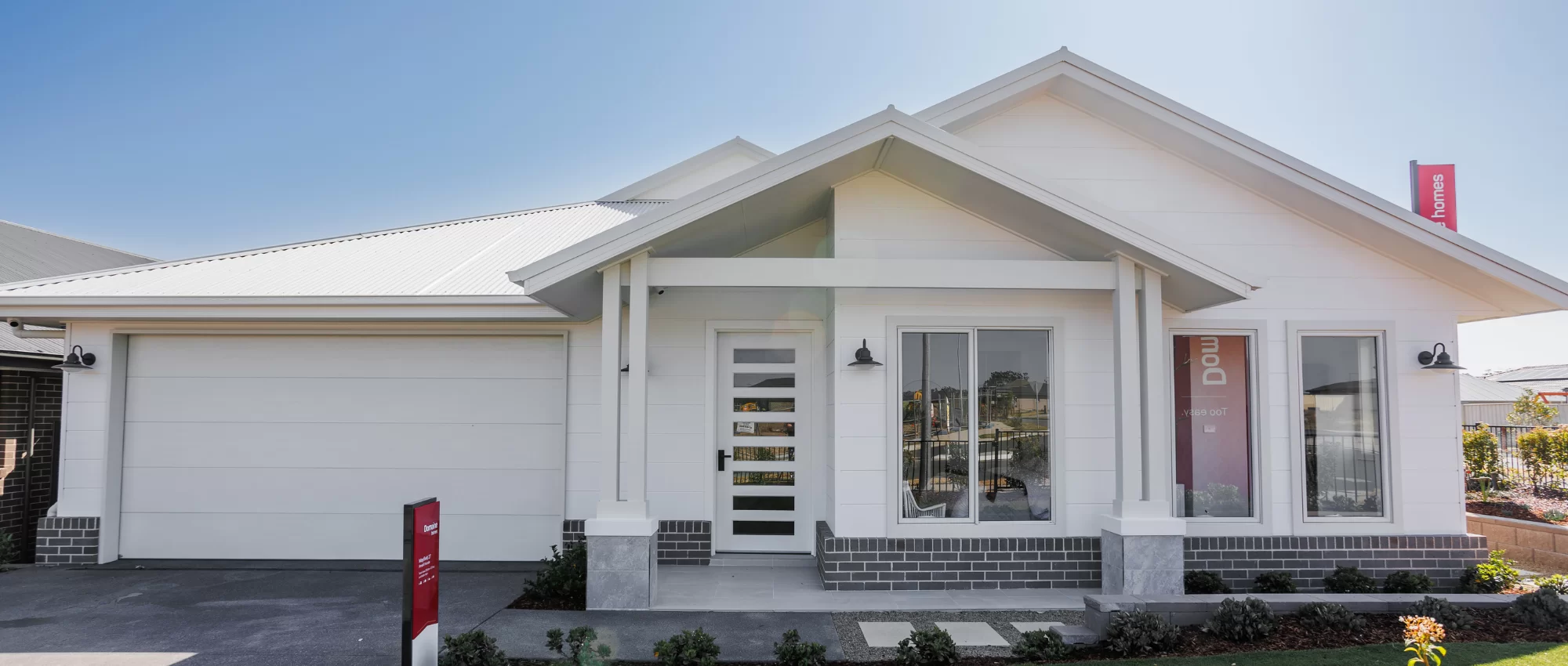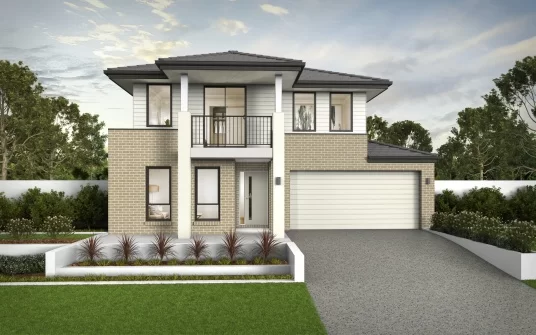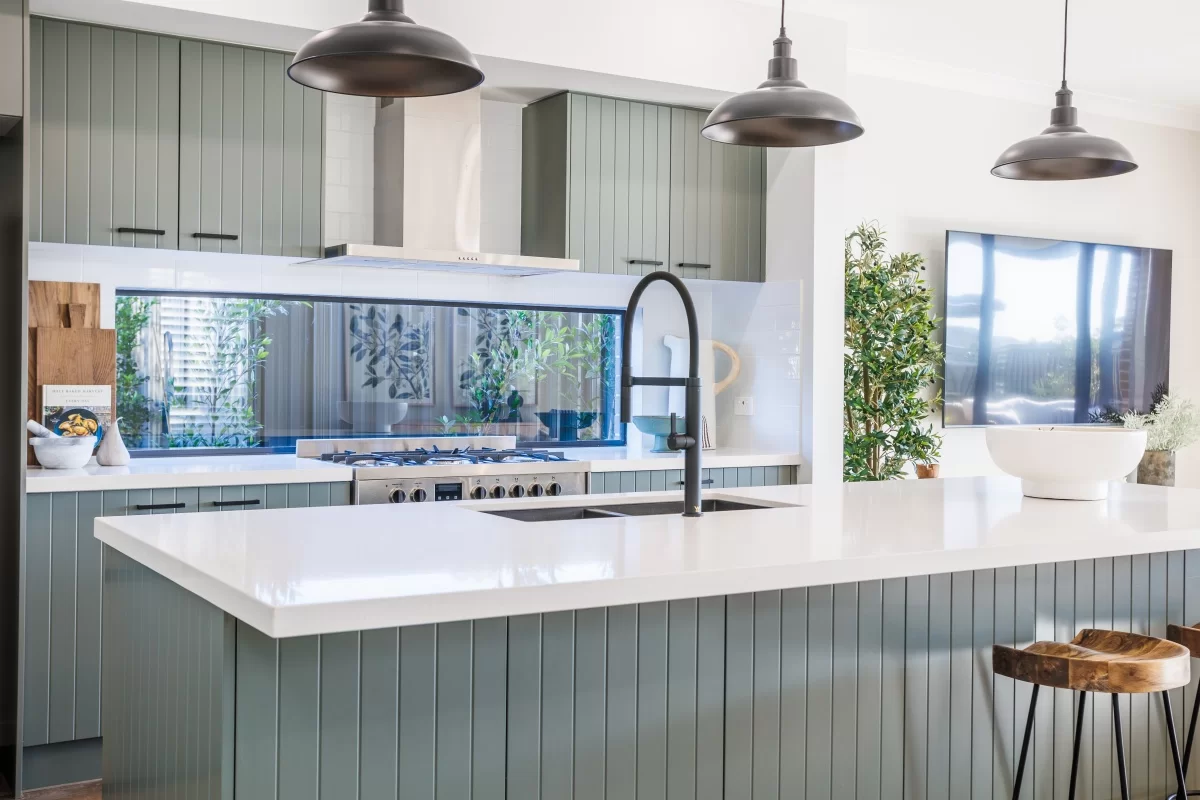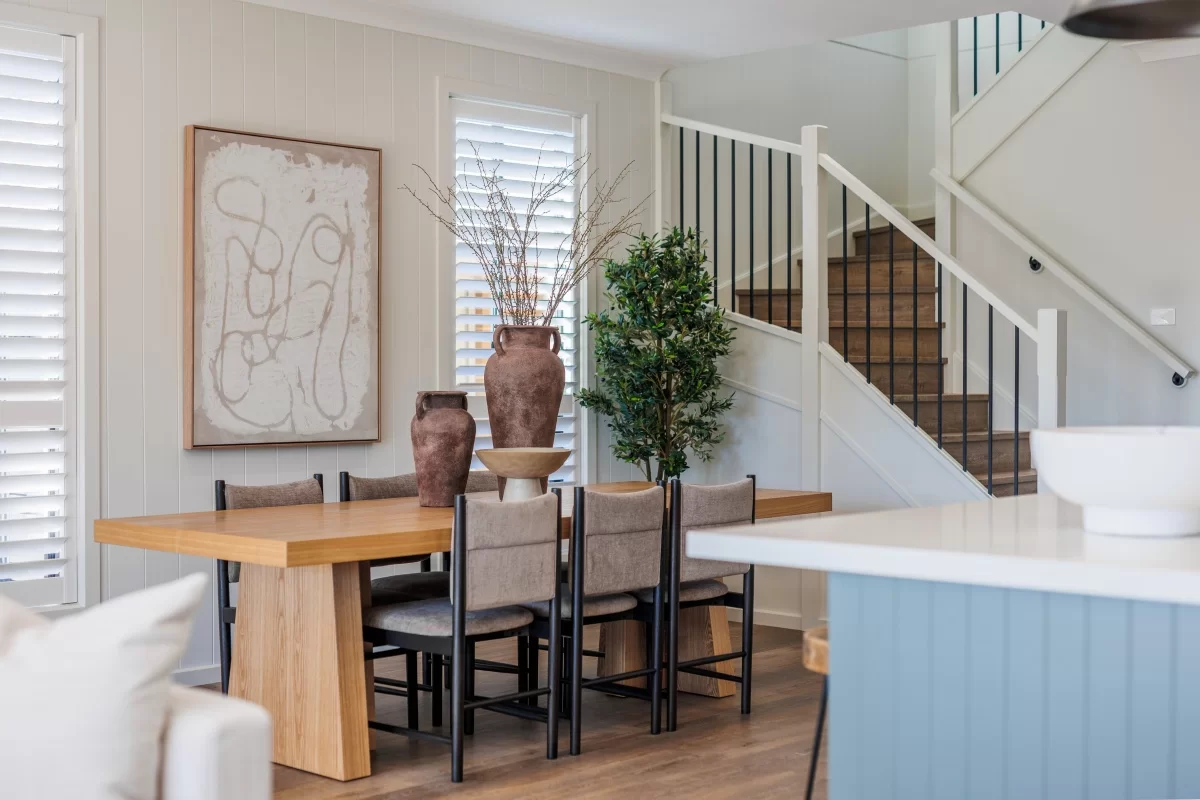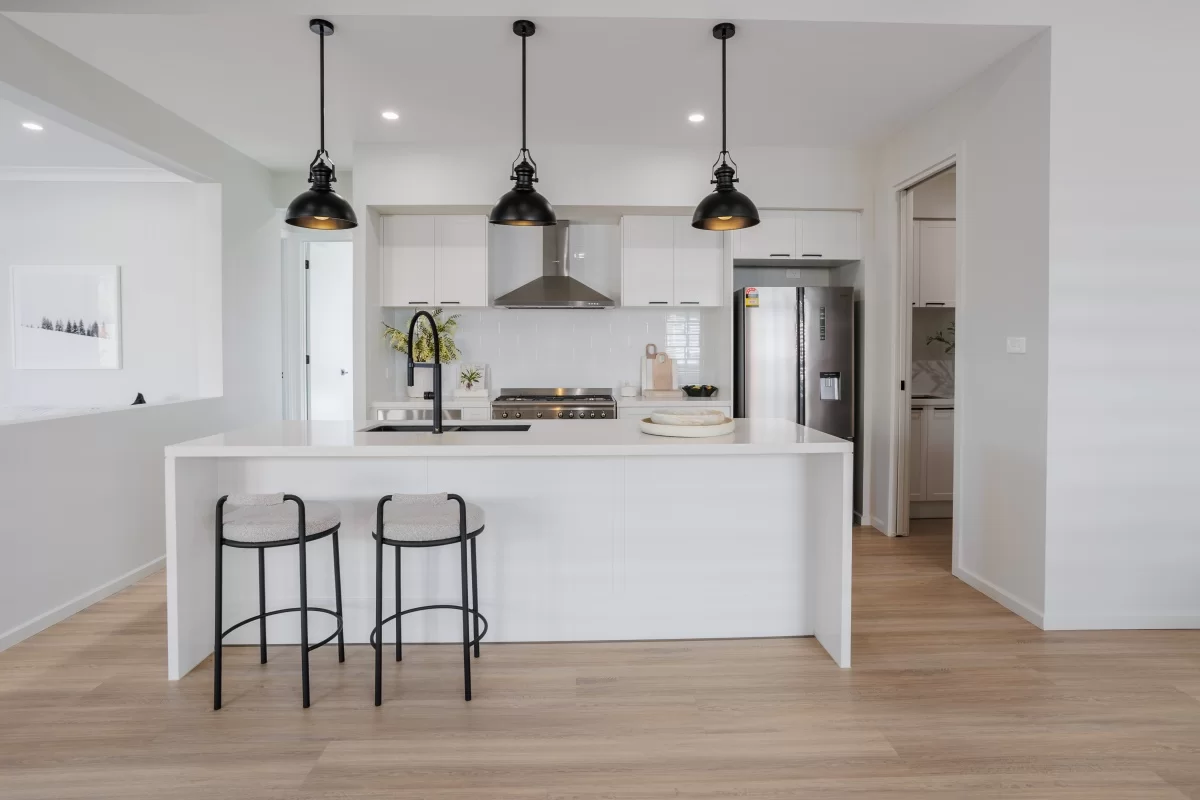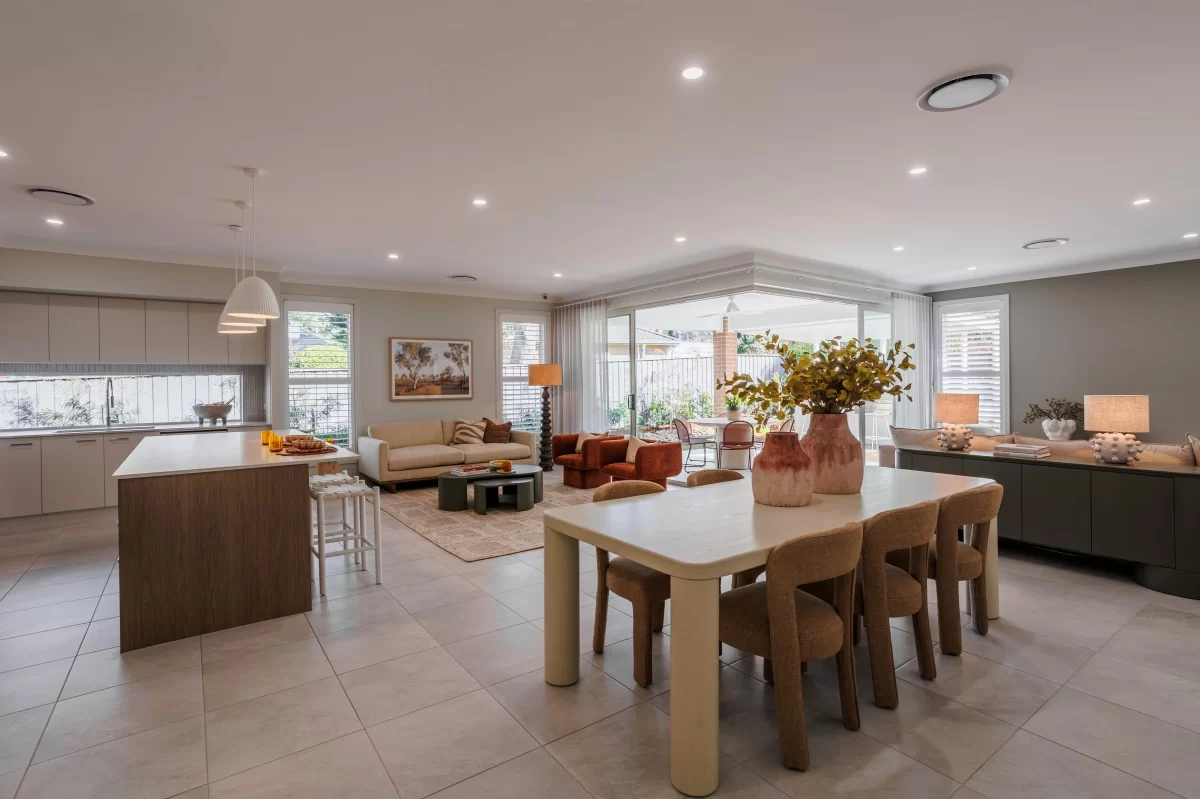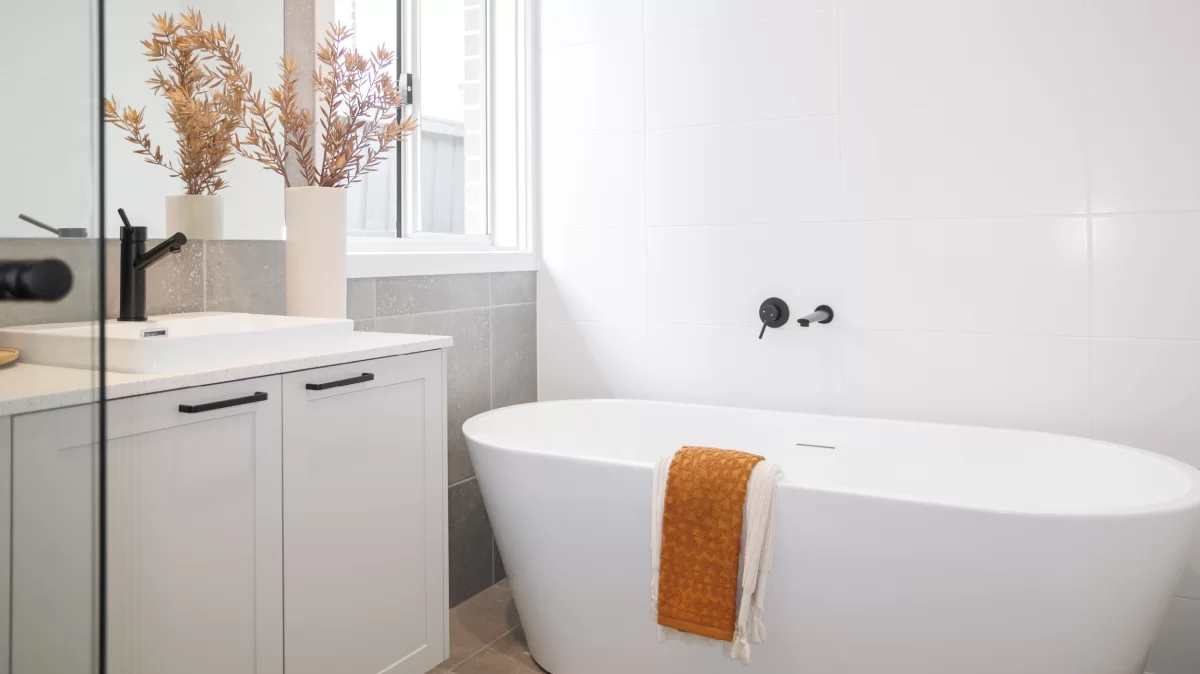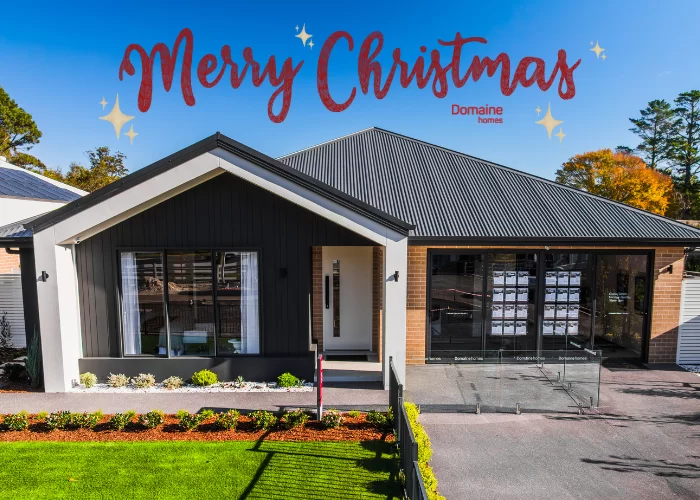Why choose Domaine Homes?
If you’ve been dreaming about owning your first home, there’s never been a better time to make it happen. From 1 October 2025, massive changes to the First Home Owner Guarantee are making it easier than ever for Australians to enter the property market—without the usual hurdles.
No more restrictions on how many buyers can apply
Price caps have increased – you can now buy a home in Sydney for up to $1.5 million
No income limits – more Australians are now eligible
Buy your home with just a 5% deposit – and no Lenders Mortgage Insurance (LMI)
Haven’t owned property in 10 years? You’re eligible again
At Domaine Homes, we’re here to help first home buyers take full advantage of these updates with our affordable house and land packages across Sydney, the Central Coast, Newcastle, and the Hunter region.
Whether you're looking for a stylish new build in a masterplanned community or a family-friendly neighbourhood close to schools, parks and transport, we’ve got the perfect option for you.
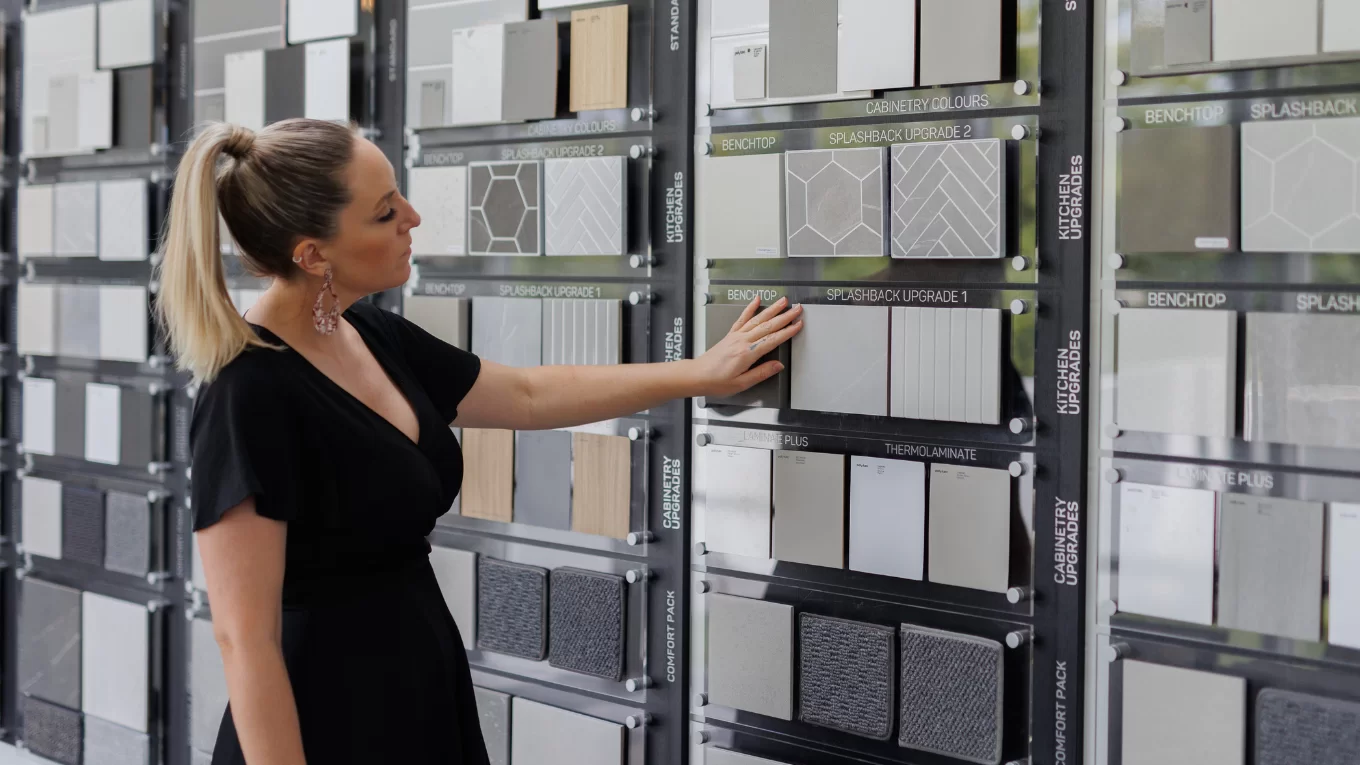
Know for our Affordability
At Domaine Homes, we believe building your new home should be easy, faster, and smarter and we’ve designed our process to make it that way.
Our expert interior designers have already curated beautiful colour schemes and finishes, so you don’t have to spend hours choosing every little detail. Every home design, plan, and add-on has been thoughtfully created to suit modern living meaning all the hard work is already done for you.
With Domaine Homes, you can enjoy a smoother, simpler, and more enjoyable journey to your dream home. It’s building made easy.
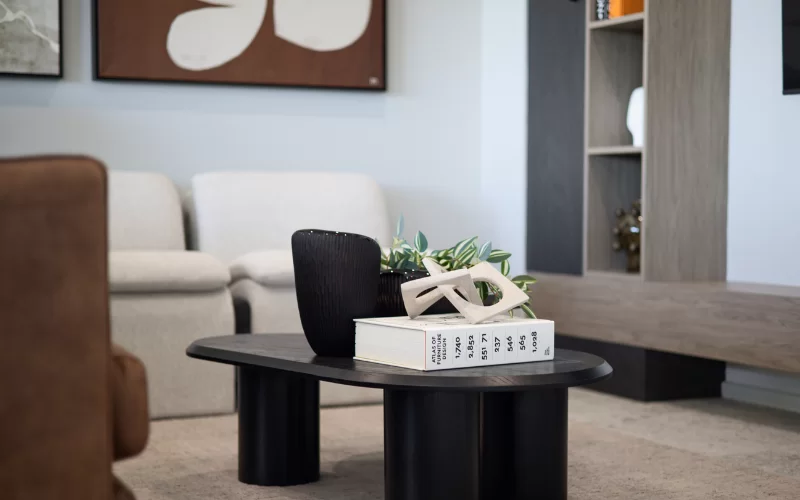
Finance
Understanding Finance
With a realistic budget in mind, you’re ready to begin your property search. The best way to set a budget is to look long and hard at your finances. This includes both the outlay involved in buying a property and the ongoing costs of owning a home.
Remember, there are upfront costs beyond just the deposit, and they can add up. These may include:
- Stamp duty
- Legal and conveyancing fees
- Building inspections
- Mortgage registration fees
- Council rates
- Home and contents insurance
Using online calculators can help you estimate how much you can borrow and what your stamp duty might be, giving you a better idea of the overall costs.
After buying your home, it's essential to think carefully about your finances. You'll need to be able to cover ongoing expenses such as:
- Mortgage repayments
- Property taxes
- Insurance premium
- Maintenance costs
- Regular household expenses
It's also a good idea to set aside a little extra for any unexpected repairs or replacements.
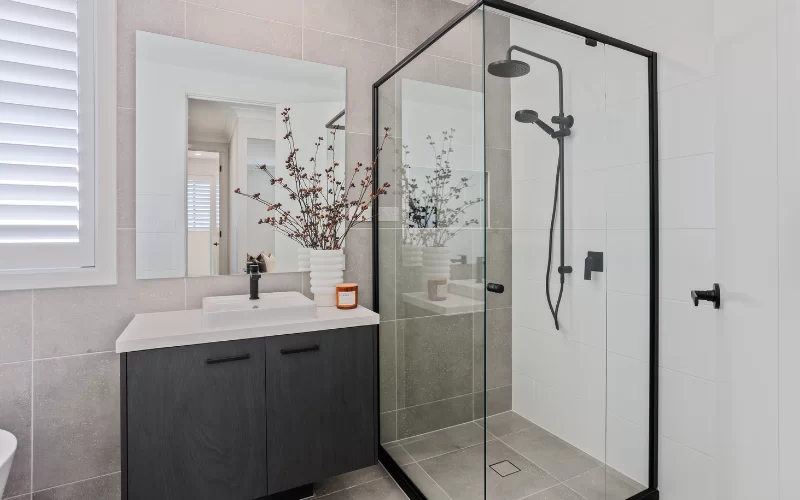
Researching different types of loans is important. You should compare interest rates, whether fixed or variable, loan terms, features, and any associated fees. Some lenders also offer specialised products like deposit boost loans that can be combined with your main mortgage.
Getting pre-approval is a valuable step in buying a home. It’s a preliminary assessment where a lender reviews your financial situation and tells you how much they’re willing to lend. This can be really helpful when you're at auctions or negotiating with real estate agents.
To start the pre-approval process, you need to fill out a form and provide detailed financial information. The lender will then assess this information to determine if you’re eligible. If approved, you'll receive a letter of offer that outlines the terms and conditions of the loan.

Buying your First Home? See which government grants you could be entitled to!
It's simple, provide us with your details and download your free First Home Buyer Grant Pack, which also includes our handy easy Saver Guide.
Find your nearest display home
Find your nearest display home
nsw|North West Sydney
Marsden Park Abell Road Display Homes
NSW 2765
Please call 02 8850 9928
nsw|South West Sydney
Leppington Living Display Homes
NSW 2179
Please call 02 8851 5365
nsw|North West Sydney
Parklea Display Homes
NSW 2768
Please call 02 8850 9990
nsw|Hunter Region
HomeWorld Thornton Display
2322
Please call 02 8851 6805
nsw|Hunter Region
Waterford Living Display Homes
2322
Please call 02 8850 9924
nsw|Hunter Region
Lochinvar Display Homes
NSW 2321
Please call 02 8851 5420
nsw|South Coast
Wongawilli Display Homes
NSW 2530
Please call 02 8851 5435
nsw|North West Sydney
Homeworld Box Hill
NSW 2765
Please call 02 8851 6801
nsw|South Coast
South Nowra Display Homes
2541
Please call 02 8851 5410
|South West Sydney
Austral Display Centre
NSW 2179
Please call 02 8851 5356
|Central Coast
HomeWorld Warnervale
NSW 2259
Please call 02 8850 9967
|Central Coast
Watagan Park Display Homes
NSW 2265
Please call 02 8850 9196 | 0475 168 457
|South West Sydney
Menangle Park Display Homes
NSW 2563
Please call 02 8850 9184
|Southern Highlands
Braemar Display Homes
NSW 2575
Please call 02 8850 9987
|South West Sydney
Oran Park
NSW 2570
Please call 02 8851 6745
|North West Sydney
Display Home Demonstrator
NSW 2155
Frequently Asked Questions
New home buyers should first evaluate their financial situation, decide on a budget, save for a deposit, research the property market and get a mortgage pre-approval before going out into the market. They are also advised to meet with a financial advisor or a mortgage broker to provide guidance about their next steps in home buying. You should also attend a few open houses and property inspections as these will give you a clearer perspective of the market and building conditions.
